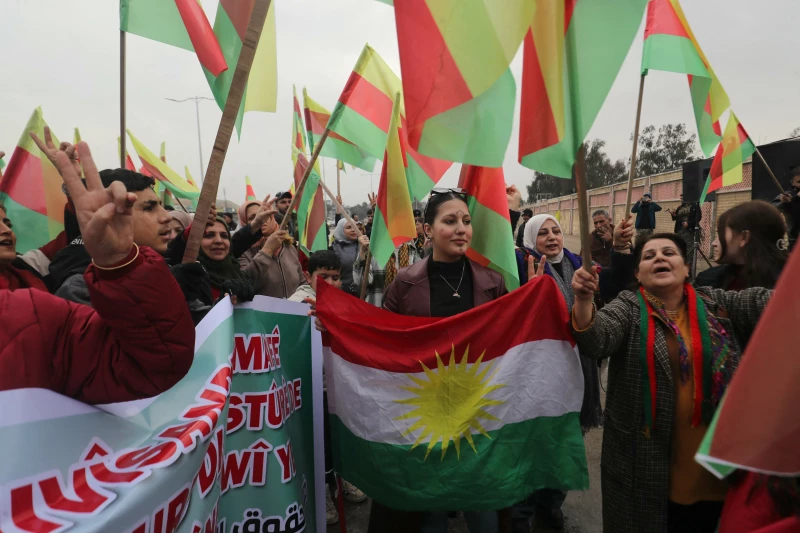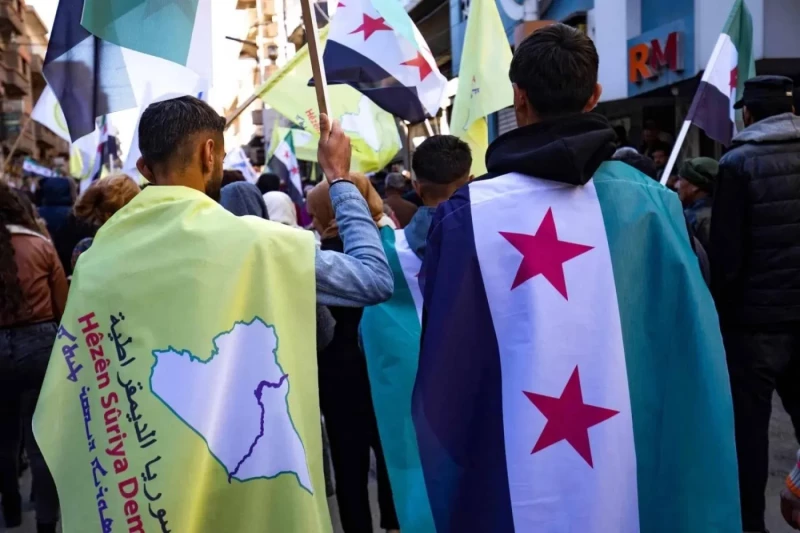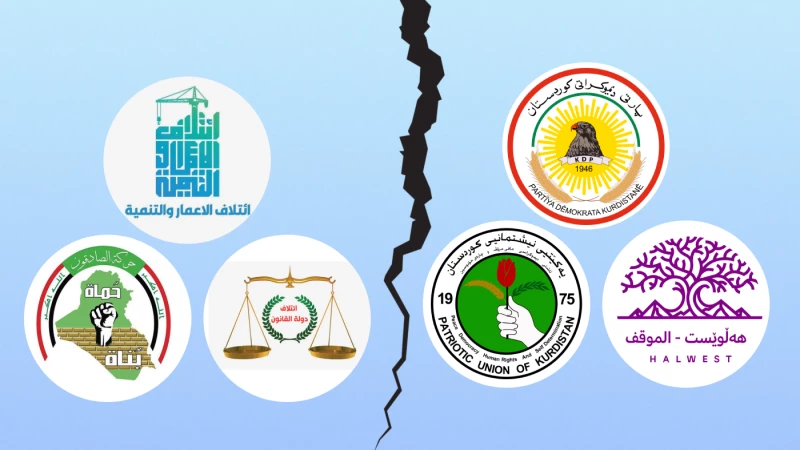The Kurdistan Workers' Party (PKK) has announced its decision to disband and end its armed struggle against Turkey, a historic change after nearly five decades of conflict. This move, driven both by domestic fatigue and external geopolitical pressures, will have profound implications for Turkey, Kurdish political movements, and the wider Middle East.
The PKK's armed struggle reached a strategic deadlock in the late 1990s, with figures such as Şemdin Sakik openly challenging the leadership. In recent years, advances in drone warfare and AI surveillance have further weakened guerrilla tactics and made sustained resistance unsustainable. Ankara’s relentless military campaigns in Turkey and Iraq have also reduced the PKK's operational capabilities and forced a strategic assessment.
The PKK's decision follows a February 2025 call by its imprisoned leader Abdullah Ocalan to turn armed struggle into democracy. Ocalan's role remains central and he is expected to oversee the disarmament process, although Ankara has not confirmed his release. Its ideological turn in the 1990s from independence to a democratic Turkey set the stage for this transition.
Turkish President Recep Tayyip Erdogan sees an opportunity to secure Kurdish political support for constitutional changes that would allow him to run again. Legitimizing its regional policies, especially in Syria, where Turkey is trying to bring the Kurds back under Damascus' domination. Enhancing economic stability by ending a conflict that has cost Turkey more than $1 trillion and displaced millions.
Constitutional and legal hurdles
The Turkish constitution remains a major obstacle.
- Article 3 declares the state indivisible and rejects Kurdish nationality.
- Article 42 prohibits education in Kurdish as the mother tongue.
- Article 14 restricts rights that are considered a threat to national unity.
Erdogan may offer symbolic concessions (e.g. recognition of Newroz, easing of cultural restrictions) but is unlikely to amend the constitution without broad nationalist support.
Risks of unfulfilled promises
If Turkey fails to carry out meaningful reforms:
- Extremists within the PKK may refuse to disarm and take up arms again.
- Kurdish parties in Turkey could lose confidence and rekindle unrest.
- Kurdish disillusionment may fuel new armed factions, as was seen in the aftermath of the failed 2013-15 peace process.
Turkey insists that the Syrian Democratic Forces (SDF) and YPG, the US ally against ISIS, must be disbanded and sees them as an extension of the PKK. If Turkey pressures Damascus to dismantle the Kurdish administration in northeastern Syria, a new conflict in northern Syria may begin.
The PKK's presence in Sinjar and Qandil has been a point of contention with Turkey. Disarmament could reduce cross-border attacks but Iranian-backed militias may make Qandil their safe haven.
The Kurdistan Regional Government (KRG) cautiously supports the peace process but fears Turkey will go too far.
Israeli influence in Syria complicates Turkey's role because Tel Aviv opposes Turkish hegemony.
Turkey's Kurdish cities need massive investment after decades of war. The return of Kurdish refugees should be carried out to avoid land issues.
While Turkey rejects external mediation, oversight by the European Union or the United Nations can build confidence.
What else will come after the announcement of the PKK?
- Dealing with the refugees in Makhmur camp is a priority and they must return to their villages.
- Hundreds of Iranian Kurds are also in the PKK.
- They need the role of the United Nations.
- The weapons are sensitive and have the code of the countries that supported the PKK.
Dealing with these issues and dozens of other economic, political, and cultural issues of the PKK takes time and confidence.
The dissolution of the PKK is a great but volatile moment. If Turkey embraces meaningful reforms, it could end one of the world’s longest insurgencies. If it fails, the cycle of violence may start again, with more regional chaos.
The next stage depends on Ankara’s willingness to compromise and whether the Kurds see democracy as a viable alternative to weapons.
The views expressed in this article are those of the writer and do not necessarily represent the position of The New Region

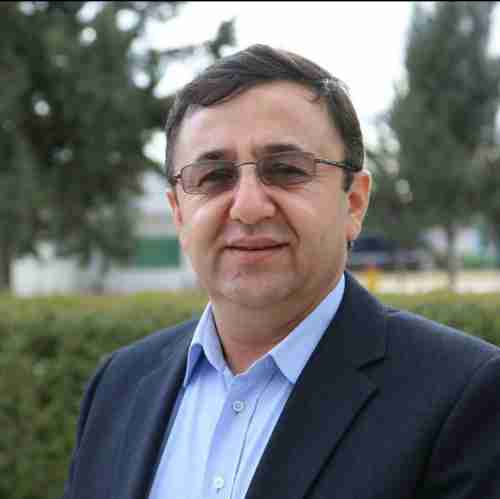
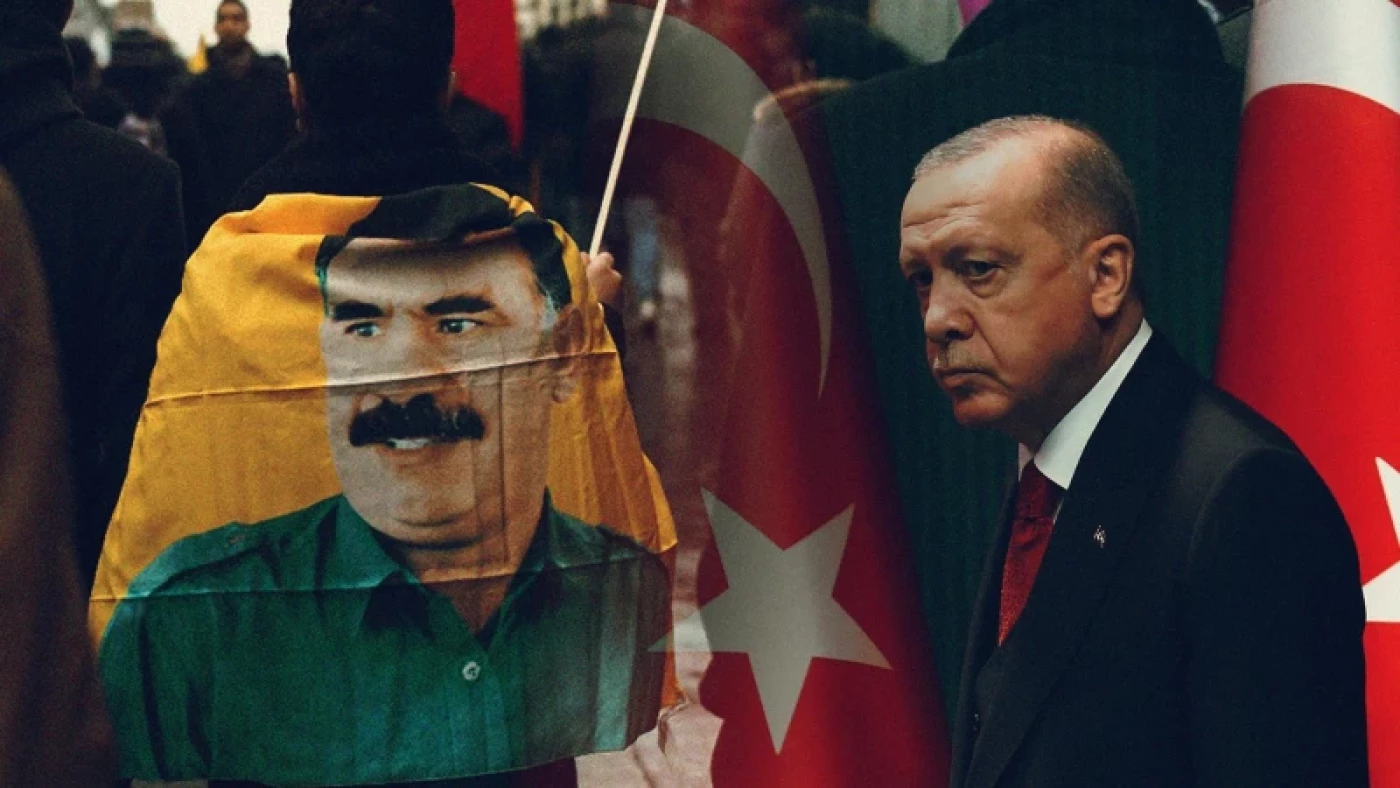
 Facebook
Facebook
 LinkedIn
LinkedIn
 Telegram
Telegram
 X
X
